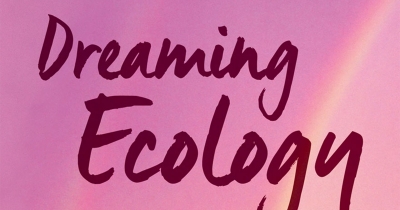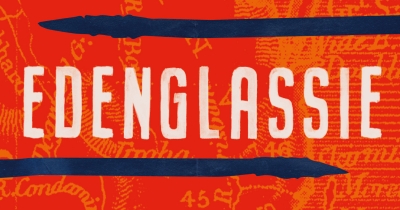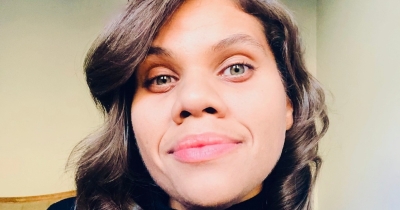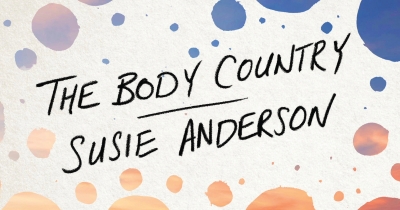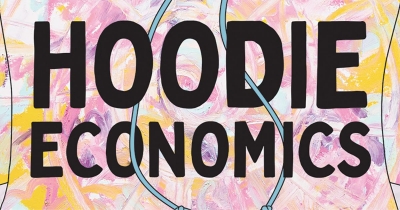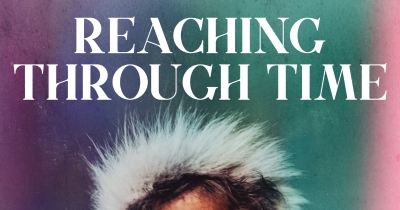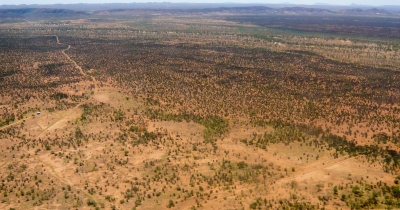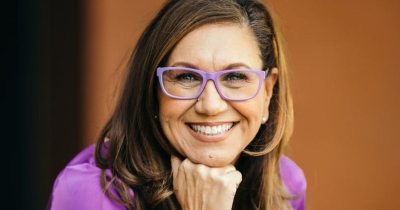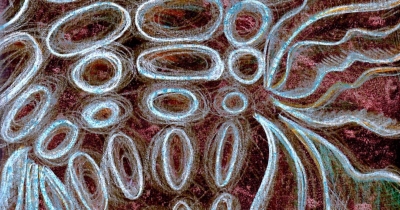Indigenous
Dreaming Ecology: Nomadics and Indigenous ecological knowledge, Victoria River, Northern Australia by Deborah Bird Rose
Yasmin Smith is an editor, writer and poet of South Sea Islander, Kabi Kabi, Northern Cheyenne, and English heritage. She has worked across literary fiction, non-fiction, children’s books, and poetry, with a focus on supporting First Nations creatives and their stories. She is currently an editor at University of Queensland Press, where her work includes overseeing its groundbreaking First Nations Classics series.
... (read more)Hoodie Economics: Changing our systems to value what matters by Jack Manning Bancroft
Reaching Through Time: Finding my family's stories by Shauna Bostock
'Minyerri (now marked for fracking)', a new poem by Julie Janson.
... (read more)Auntie Rita: The classic memoir of an Aboriginal woman’s love and determination by Rita Huggins and Jackie Huggins
Anita Heiss is the author of non-fiction, historical fiction, commercial women’s fiction, poetry, social commentary, and travel articles. She is a Lifetime Ambassador of the Indigenous Literacy Foundation and a proud member of the Wiradyuri nation of central New South Wales.
... (read more)'Go Rogue', a new poem by Kirli Saunders.
... (read more)
